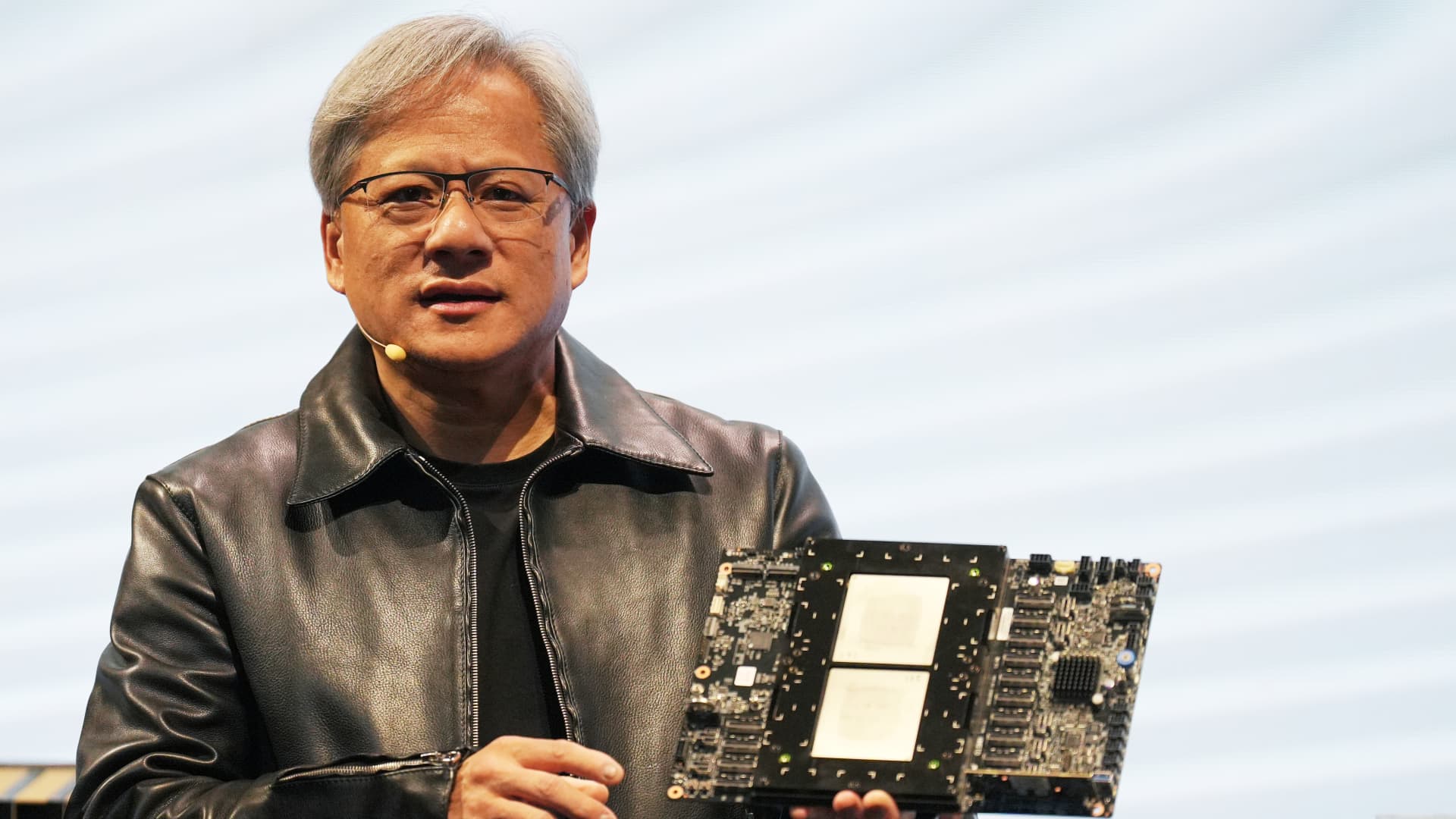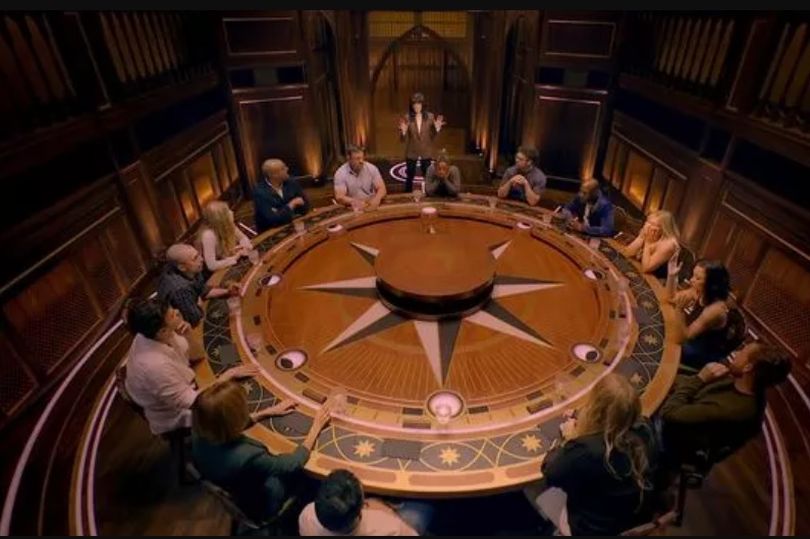FTC Challenges Microsoft's Activision Acquisition: A Legal Battle

Table of Contents
The FTC's Antitrust Concerns
The FTC's primary concern centers on the potential for anti-competitive practices should Microsoft successfully acquire Activision Blizzard. The acquisition would grant Microsoft control over immensely popular gaming franchises, most notably Call of Duty, Warcraft, and Candy Crush. The FTC argues this consolidation of power poses a significant threat to fair competition.
The FTC worries about several key areas:
-
Reduced Competition, Higher Prices: By controlling major franchises, Microsoft could potentially raise prices for gamers, especially those locked into the Xbox ecosystem. They could also limit availability on competing platforms.
-
Limited Choice for Gamers: The merger could reduce the number of competing game developers and publishers, leaving gamers with fewer options and less innovation.
-
Stifling of Innovation: A lack of competition can stifle innovation. Microsoft's dominance could discourage the development of new and competing gaming experiences.
The FTC isn't new to intervening in large mergers. They have a history of blocking or modifying mergers that threaten competition, providing a precedent for their current actions against Microsoft. Past cases involving similar antitrust issues within the tech industry inform their current strategy.
Microsoft's Defense Strategy
Microsoft, naturally, vehemently denies the FTC's accusations. Their defense strategy rests on several key pillars:
-
Maintaining Call of Duty on PlayStation: Microsoft has pledged to continue releasing Call of Duty games on PlayStation, a key franchise that the FTC highlights as a potential source of anti-competitive behavior. This commitment aims to address concerns about limiting gamer choice.
-
Investment in Cloud Gaming Technology: Microsoft has emphasized its investment in cloud gaming technology, arguing that this will broaden access to games and benefit consumers by increasing availability across various devices and platforms.
-
Consumer Benefits through Innovation: Microsoft claims that the merger will ultimately benefit consumers by accelerating innovation and delivering better gaming experiences. They argue that increased resources will lead to more high-quality games and broader accessibility.
Microsoft has offered concessions to try and appease the FTC, demonstrating a willingness to negotiate and address some of the regulatory concerns. These concessions, however, might not be enough to satisfy the FTC’s concerns entirely.
The Legal Battle and its Implications
The legal battle between the FTC and Microsoft is far from over. The outcome will have significant repercussions:
-
Setting Precedents for Future Mergers and Acquisitions: This case will set a critical precedent for future mergers and acquisitions, especially in the rapidly consolidating tech industry.
-
Impact on the Gaming Market's Future Landscape: The decision will dramatically reshape the gaming market, influencing game pricing, availability, and the overall competitive landscape.
-
The Role of Regulatory Bodies in Controlling Tech Giants: This case highlights the increasing role of regulatory bodies in scrutinizing and controlling the actions of powerful tech companies.
Similar legal battles, such as those involving other tech giants facing antitrust scrutiny, offer valuable insights into the possible trajectory of this case. The legal arguments presented by both sides are complex and multifaceted, involving detailed economic modeling and legal interpretations.
International Regulatory Scrutiny
The FTC isn't alone in its examination of the Microsoft-Activision merger. Regulatory bodies across the globe are reviewing the acquisition, with differing approaches and potential outcomes across various jurisdictions. The European Union, for example, has also raised concerns, potentially leading to different conclusions than those reached by the FTC. This international scrutiny adds another layer of complexity to the ongoing legal battle.
Conclusion: The Future of the FTC Challenges Microsoft's Activision Acquisition
The FTC challenges Microsoft's Activision acquisition represent a significant turning point in the gaming industry and the broader tech sector. Both the FTC and Microsoft have presented compelling arguments, highlighting the potential for both anti-competitive practices and consumer benefits. The legal battle's outcome will not only determine the fate of the acquisition but also set precedents for future mergers and acquisitions within the tech industry, impacting the gaming landscape and the power of tech giants for years to come. Stay informed about the ongoing developments in this crucial legal case. Follow reputable news sources and legal updates to understand the evolving implications of the FTC challenges Microsoft's Activision acquisition.

Featured Posts
-
 Boulangerie Normande Son Poids En Chocolat Pour Le Nouveau Ne De L Annee
May 02, 2025
Boulangerie Normande Son Poids En Chocolat Pour Le Nouveau Ne De L Annee
May 02, 2025 -
 Azad Kshmyr Brtanwy Parlymnt Ka Msylh Kshmyr Ke Hl Ky Hmayt
May 02, 2025
Azad Kshmyr Brtanwy Parlymnt Ka Msylh Kshmyr Ke Hl Ky Hmayt
May 02, 2025 -
 Mental Health Policies Investing In Employee Wellbeing And Productivity
May 02, 2025
Mental Health Policies Investing In Employee Wellbeing And Productivity
May 02, 2025 -
 Nvidias Ceo Seeks Easing Of Ai Chip Export Regulations During Trump Era
May 02, 2025
Nvidias Ceo Seeks Easing Of Ai Chip Export Regulations During Trump Era
May 02, 2025 -
 Tv Dallas Star Dies Another 80s Soap Legend Lost
May 02, 2025
Tv Dallas Star Dies Another 80s Soap Legend Lost
May 02, 2025
Latest Posts
-
 Selena Gomezs Sophisticated High Waisted Suit A Retro Workplace Style Icon
May 02, 2025
Selena Gomezs Sophisticated High Waisted Suit A Retro Workplace Style Icon
May 02, 2025 -
 Selena Gomezs High Waisted Power Suit An 80s Office Inspiration
May 02, 2025
Selena Gomezs High Waisted Power Suit An 80s Office Inspiration
May 02, 2025 -
 Chaos On Bbcs Celebrity Traitors High Profile Siblings Withdraw
May 02, 2025
Chaos On Bbcs Celebrity Traitors High Profile Siblings Withdraw
May 02, 2025 -
 Bbcs Celebrity Traitors Faces Setback Sibling Dropouts Before Filming
May 02, 2025
Bbcs Celebrity Traitors Faces Setback Sibling Dropouts Before Filming
May 02, 2025 -
 Two Celebrity Traitors Stars Exit Bbc Show Amidst Turmoil
May 02, 2025
Two Celebrity Traitors Stars Exit Bbc Show Amidst Turmoil
May 02, 2025
